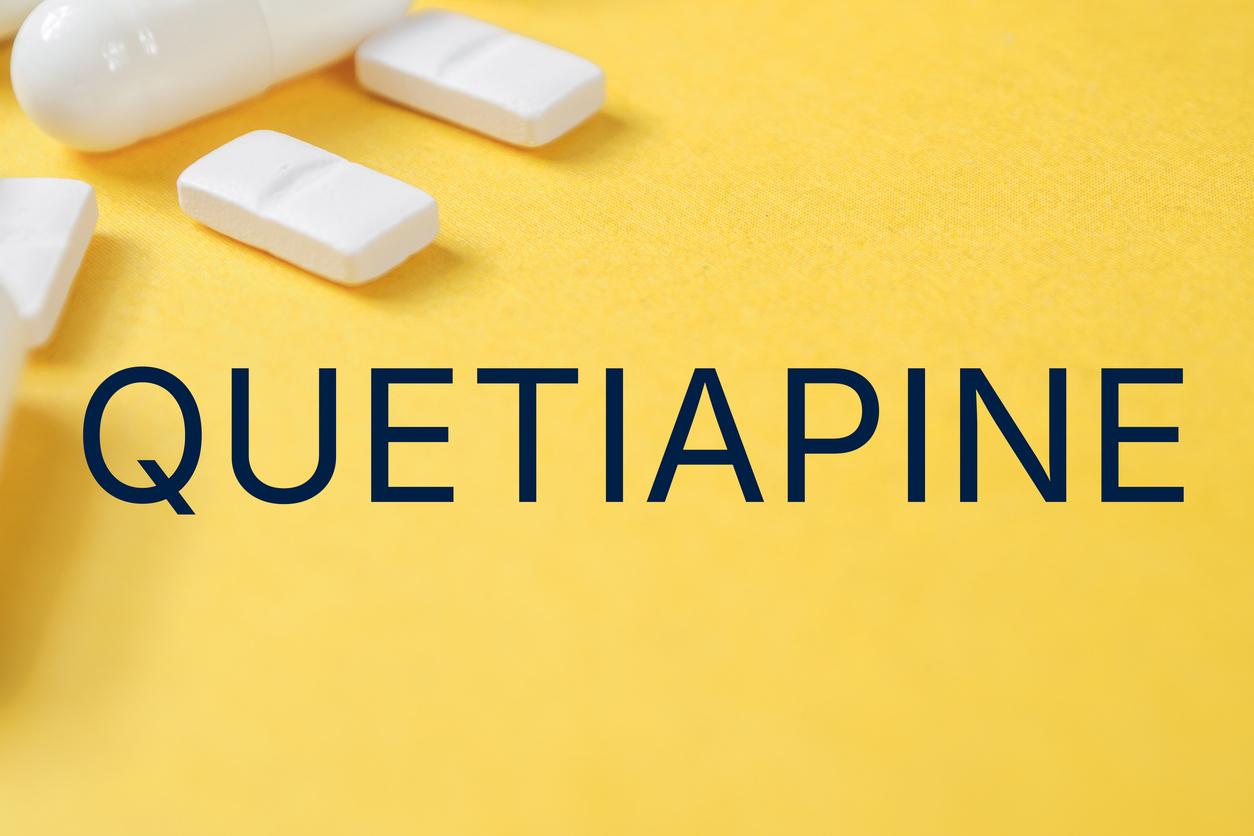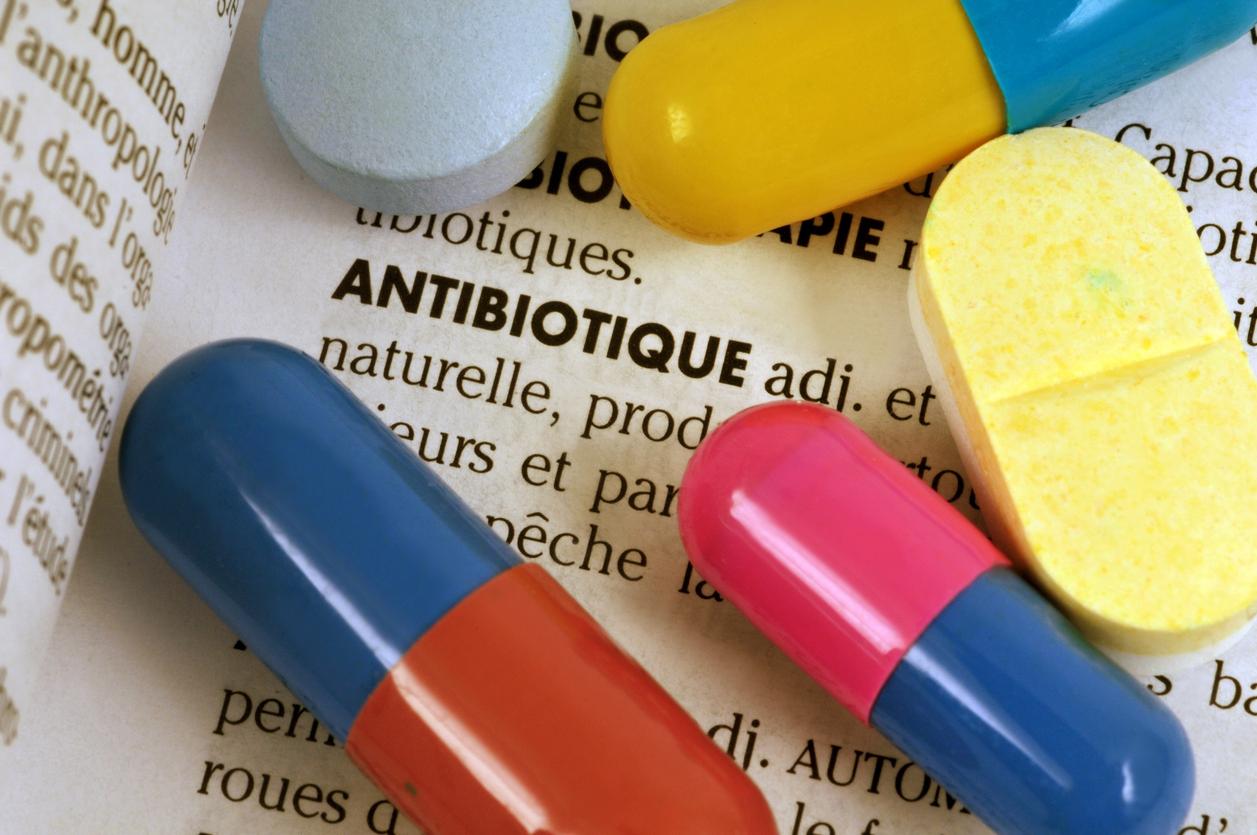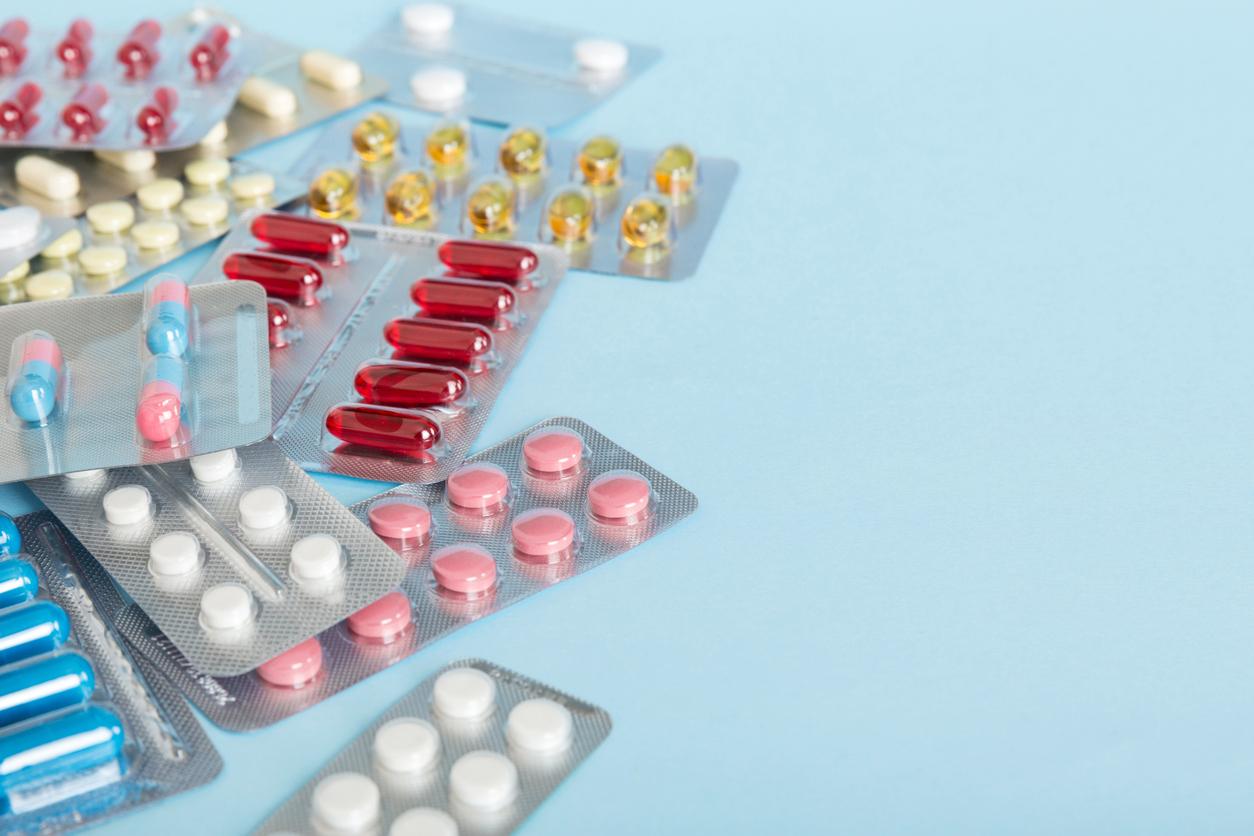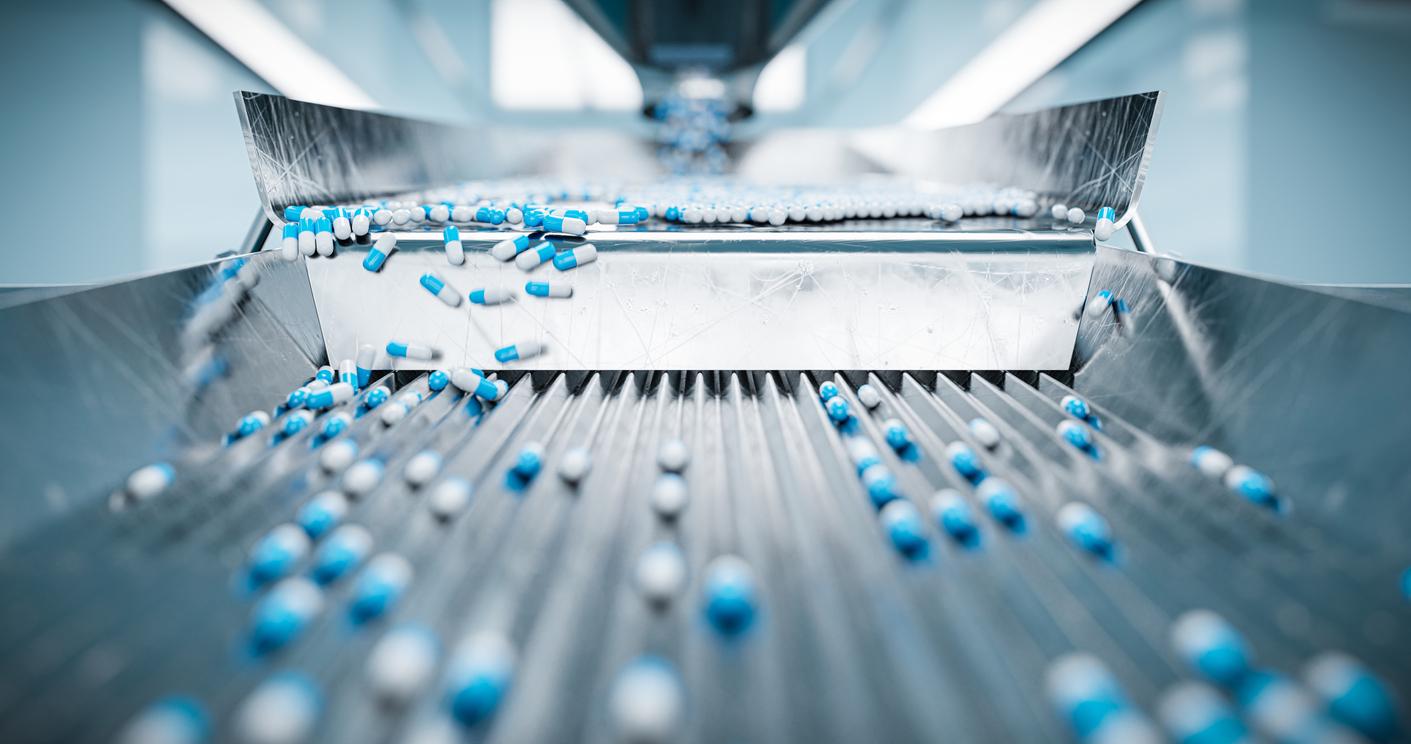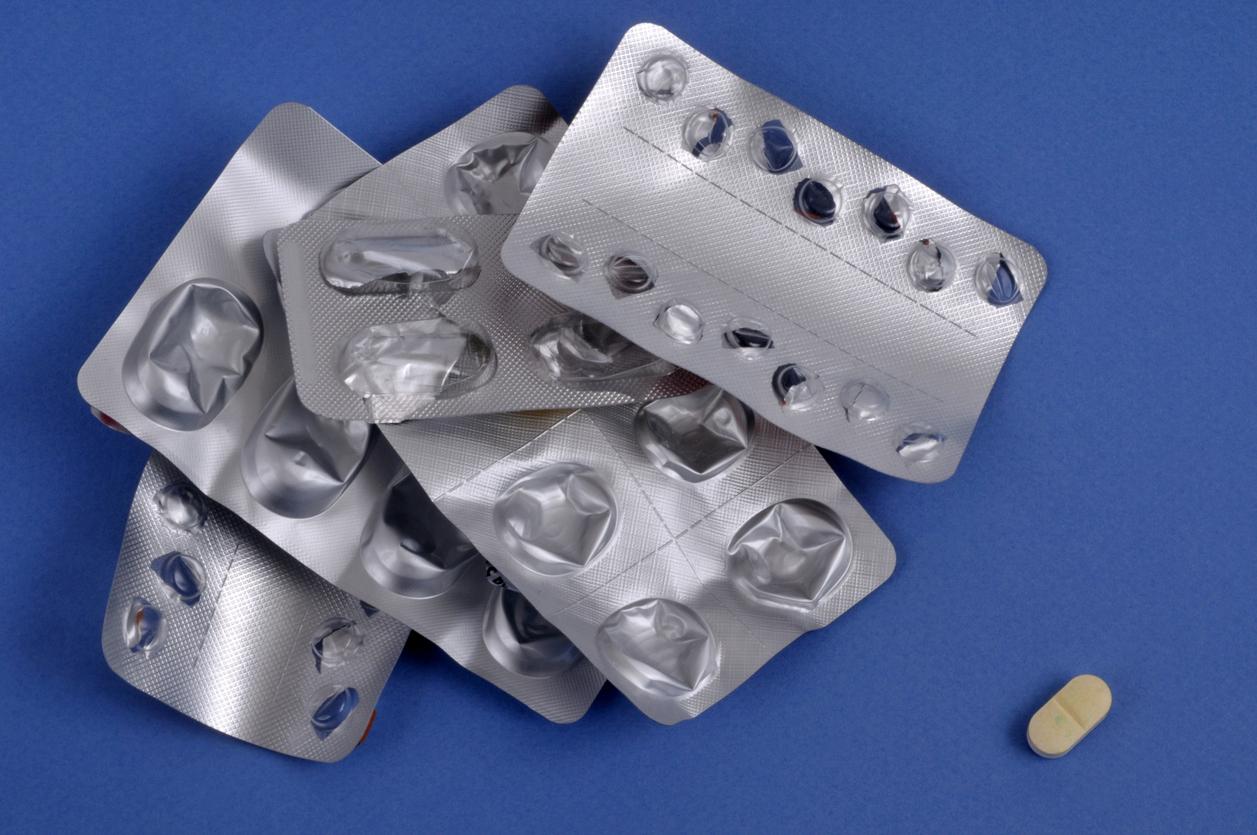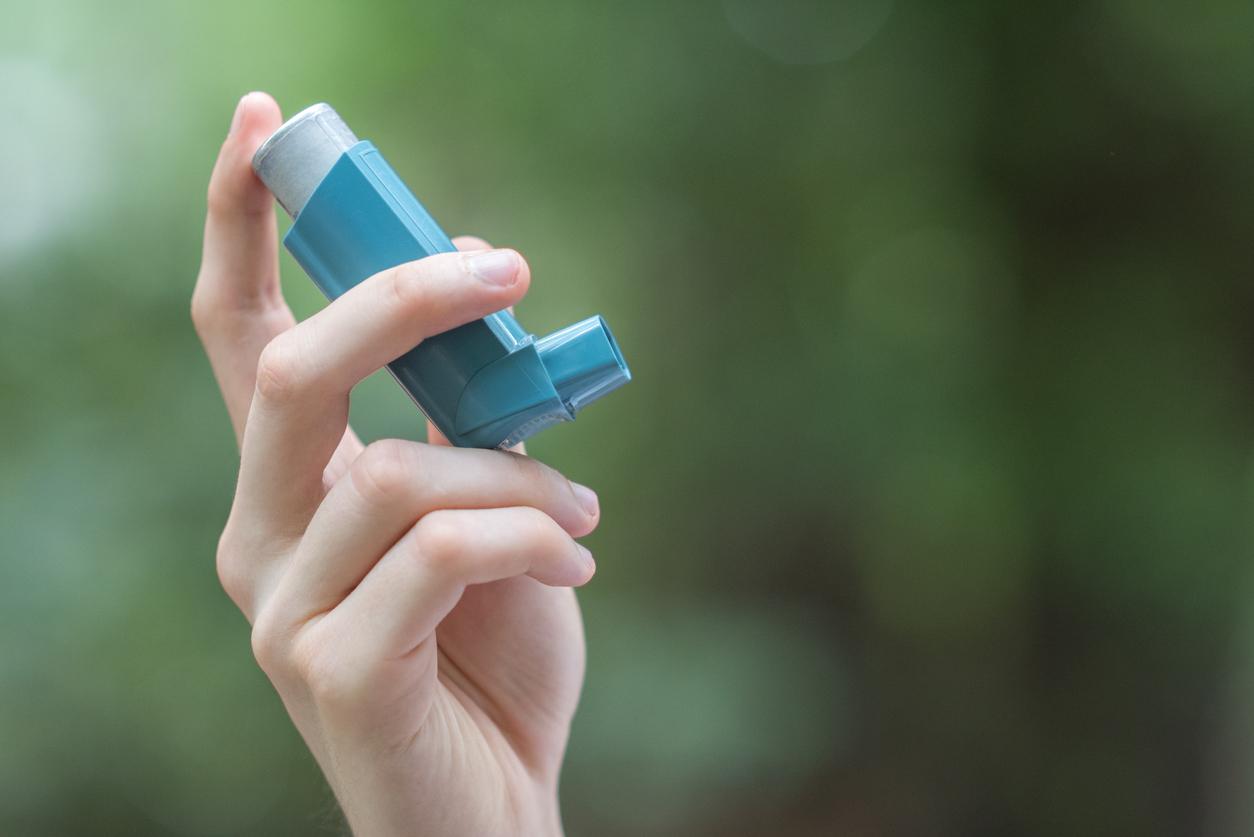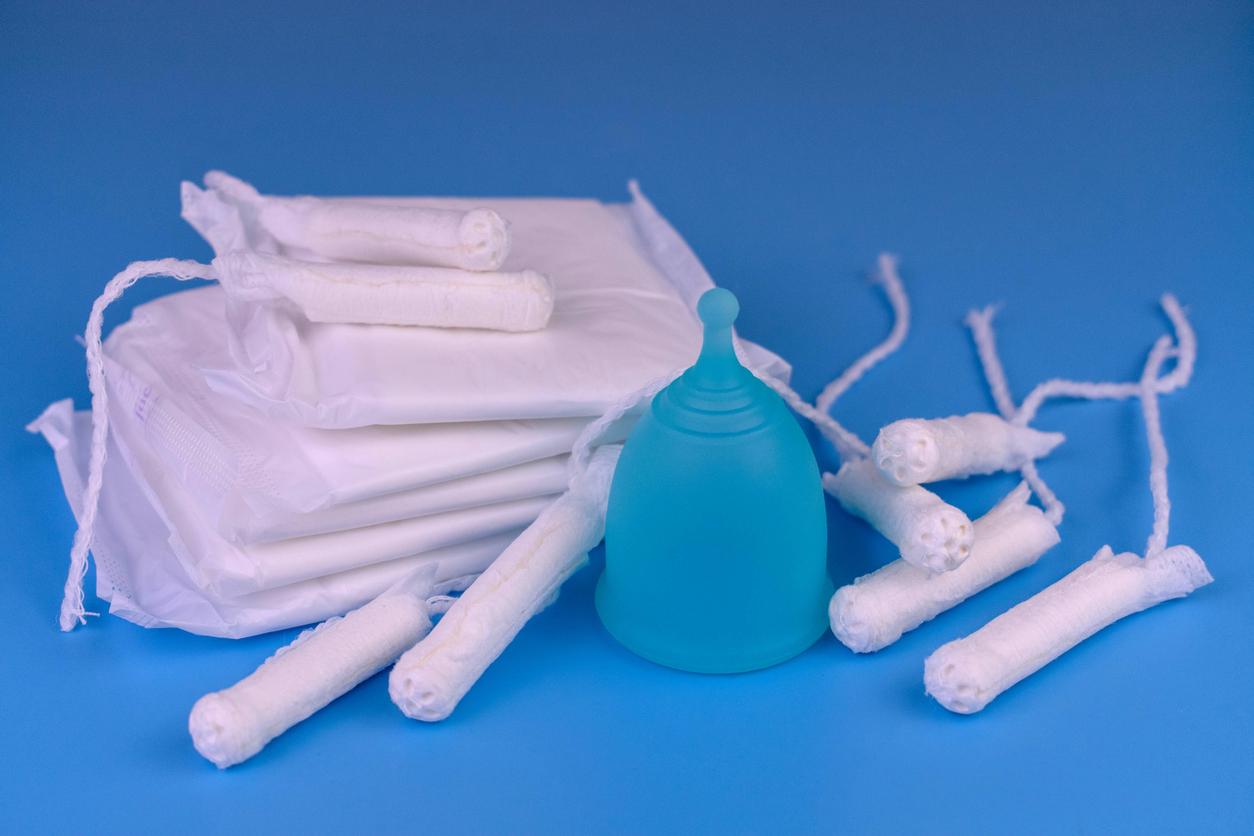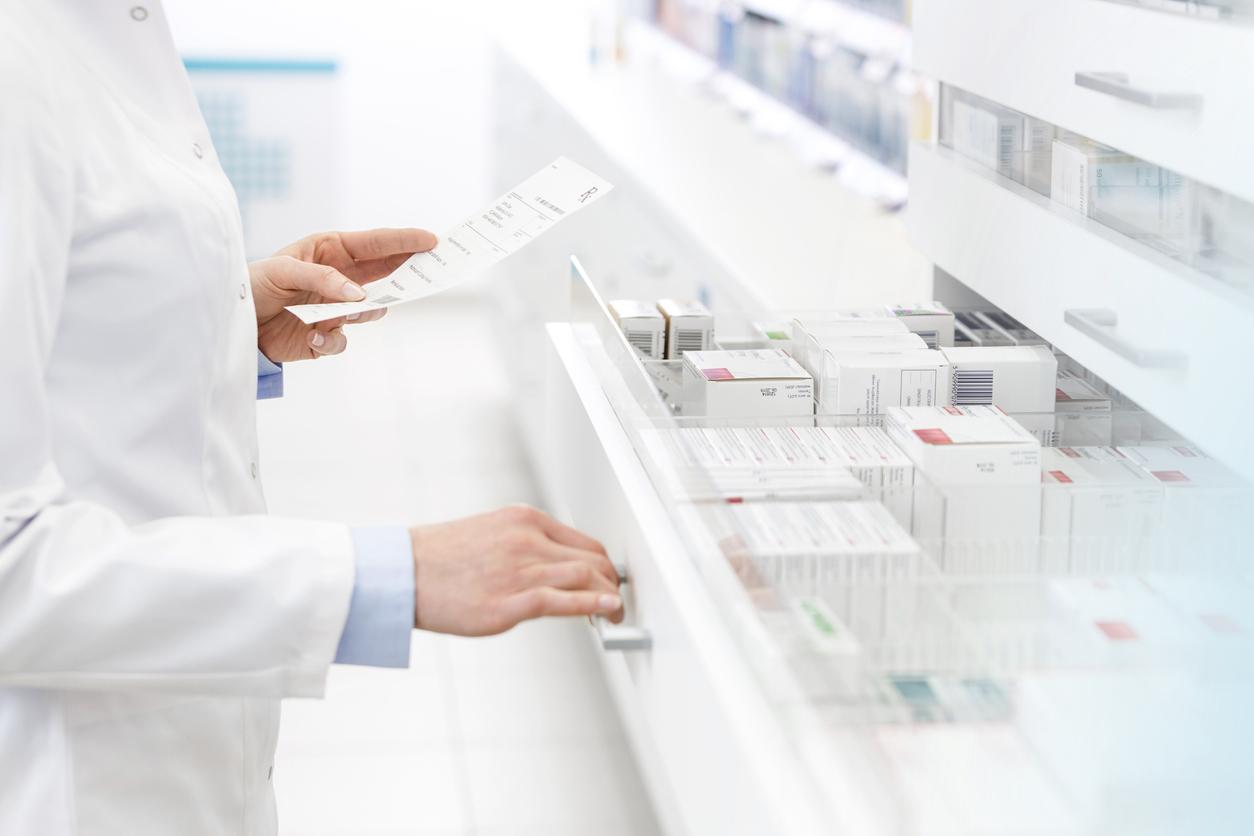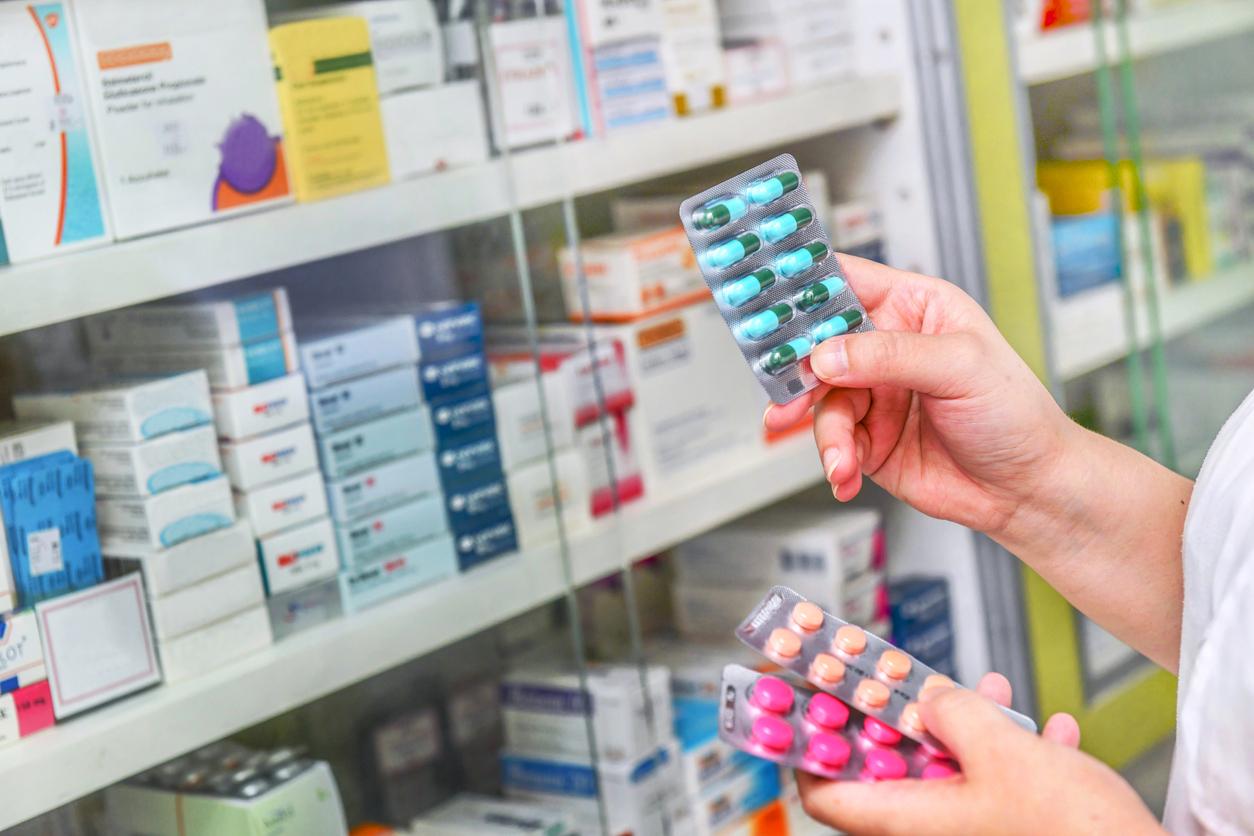The withdrawal of batches of generics based on valsartan now obliges the ANSM to manage the shortage in pharmacies. But this health scandal, in addition to being embarrassing, illustrates the lack of transparency on the origin of generic drugs marketed in France.
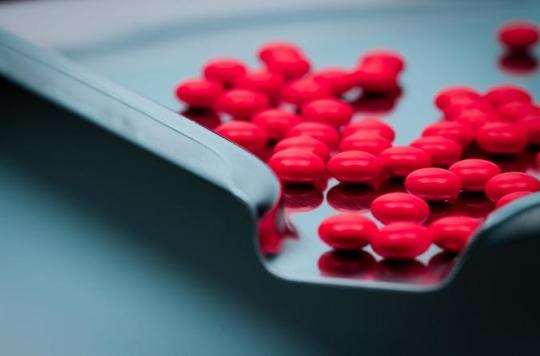
From September, some pharmacies will no longer be able to deliver valsartan-based treatments, used to stabilize blood pressure to prevent the onset or recurrence of stroke or myocardial infarction. In question: the recall of certain Valsartan-based generics manufactured in China which may contain traces of N-nitrosodimethylamine (NDMA), a potentially carcinogenic substance.
Marketed under the brand of 9 French, European and Indian laboratories, these generics were in fact manufactured in a country whose reputation, in terms of fraud and recurring health scandals, is well established. A crying lack of transparency on the origin of the drugs that we use in France.
ANSM organizes delivery after withdrawal
The National Agency for the Safety of Medicines and Health Products (ANSM) publishes new recommendations to aim to manage the supply problems now encountered with this molecule in France. In this context, she asks doctors not to initiate new treatments with valsartan.
In the event of a renewal of a prescription for valsartan, doctors should reserve valsartan-based treatment for certain patients only (heart failure not controlled by another sartan, post-myocardial infarction, balanced arterial hypertension thanks to a combination comprising valsartan).
For others, physicians should consider another equivalent treatment based on current recommendations. If valsartan-based medicines are unavailable, the pharmacist will contact the doctor who will decide what to do and how to change the treatment.
A risk potentially not limited to valsartan
Generic drugs based on valsartan which were the subject of a batch recall in France were offered by the generics Arrow, Biogaran, Cristers, EG Labo, Evolupharm, Rambaxy, Sandoz, Zentiva and Zydus. Specifically, they used the same adulterated drug made in China and just put it in their box. “After a preliminary assessment, the EMA estimates that there could be an additional case of cancer in 5,000 patients taking the drugs at the highest dose of valsartan (320 mg) every day for seven years,” had she then written in a communicated.
A lack of transparency on generics
This case reveals to us that patients thinking of buying a generic manufactured by a French or European laboratory, have in reality bought a drug manufactured in China, where health scandals are recurrent. This phenomenon of commercialization by generics of molecules manufactured elsewhere is not an exception, but some manufacturers may pose a problem.
We know the origin of fruits, vegetables, meat … the minimum would be that the patient can know the exact origin of his drugs.

.









